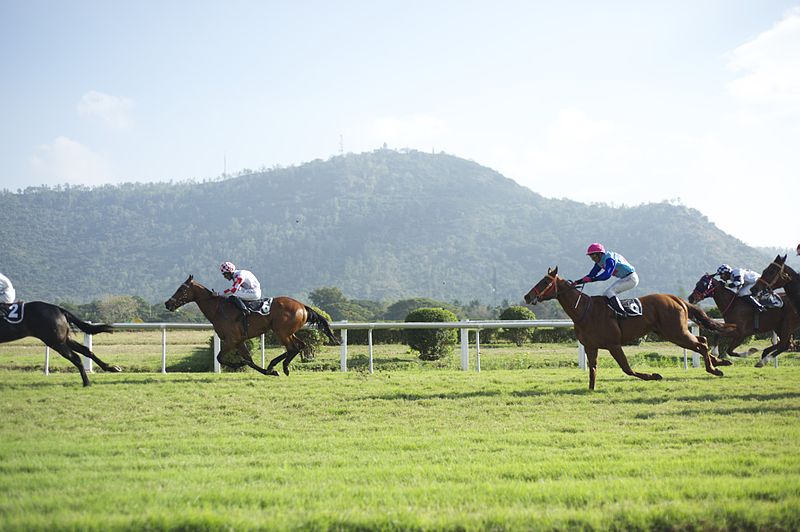India’s GST Council put a halt to a proposal to levy a 28 per cent tax on online gambling, casinos, and horse racing on Wednesday. After some discussions with the states and stakeholders, the council sent the proposal back to the Group of Ministers (GoM) on casinos, horse racing, and online gaming for a re-examination.
This deferment received a positive response from the Turf Authorities of India (TAI), which conducts horse racing in India.
Zavaray S. Poonawalla, the chairman of the GST reform mobile of the TAI, expressed his relief regarding this matter. "We are happy to note that the GST council has deferred its decision on imposing GST on the value of bets placed @28%. We look forward to the GoM considering how horse racing is different from other games," he said.
Poonawalla explained that this deferment gives them 15 days to present to the GoM that all race clubs in India were not made for commercial purposes, unlike other games.
The license for horse racing in India has been around for 200 years too. "In the span of their operations of over two centuries, the tax imposed on betting has been on the commission made by the race courses and not on the value of bets,” Poonawalla said.
The effect of the proposed GST
The positive response to this delay is motivated by the fact that GST can have a negative impact on the horse racing industry. Poonawalla explained that if the proposed GST is imposed, horse racing and equestrian breeding will suffer "irreversible damage".
He continued by saying that there will be a loss of revenue for the government of India as well as causing a cascading effect on India’s environment because the turf clubs provide the green spaces that are needed within the crowded cities.
The horse racing sport also contributes to several job opportunities in the agriculture sector, pharmaceutical industry, and labour industry. "No value can be attributed to the above in terms of money and the GoM needs to consider the same while taking its decision, which should not be made with only a monetary outlook," Poonawalla said.
Moreover, the imposing of GST might cause harm to the essential part of animal husbandry in India and the joy that equestrian sports bring to the riders.
Why horse racing should not be taxed
Using horse racing from all over the world as a reference, Poonawalla argued that the prize money from horse racing should not be taxed. "This should definitely be applicable to the horse racing in India too," he said.
The TAI also added that horse racing is a non-profit sport where all earnings made will be sent back for welfare measures and to strengthen the jockeys, the horses, equestrian breeding and coaching. This sport also allowed employment opportunities throughout the state.
The GoM recommendation
Conrad Sangma, the Chief Minister of Meghalaya, recommended levying on the full value of bets pooled in the totalisators and placed with the bookmakers for the horse racing activities.
The recommendation also covers online gaming activities where he proposed a tax at the full value of the consideration, which includes the contest entry fee, without making any distinction between games of skill or chance.
As for casinos, the recommendation is that the GST should be charged at the full face value of chips or coins purchased from the casino by a player.



